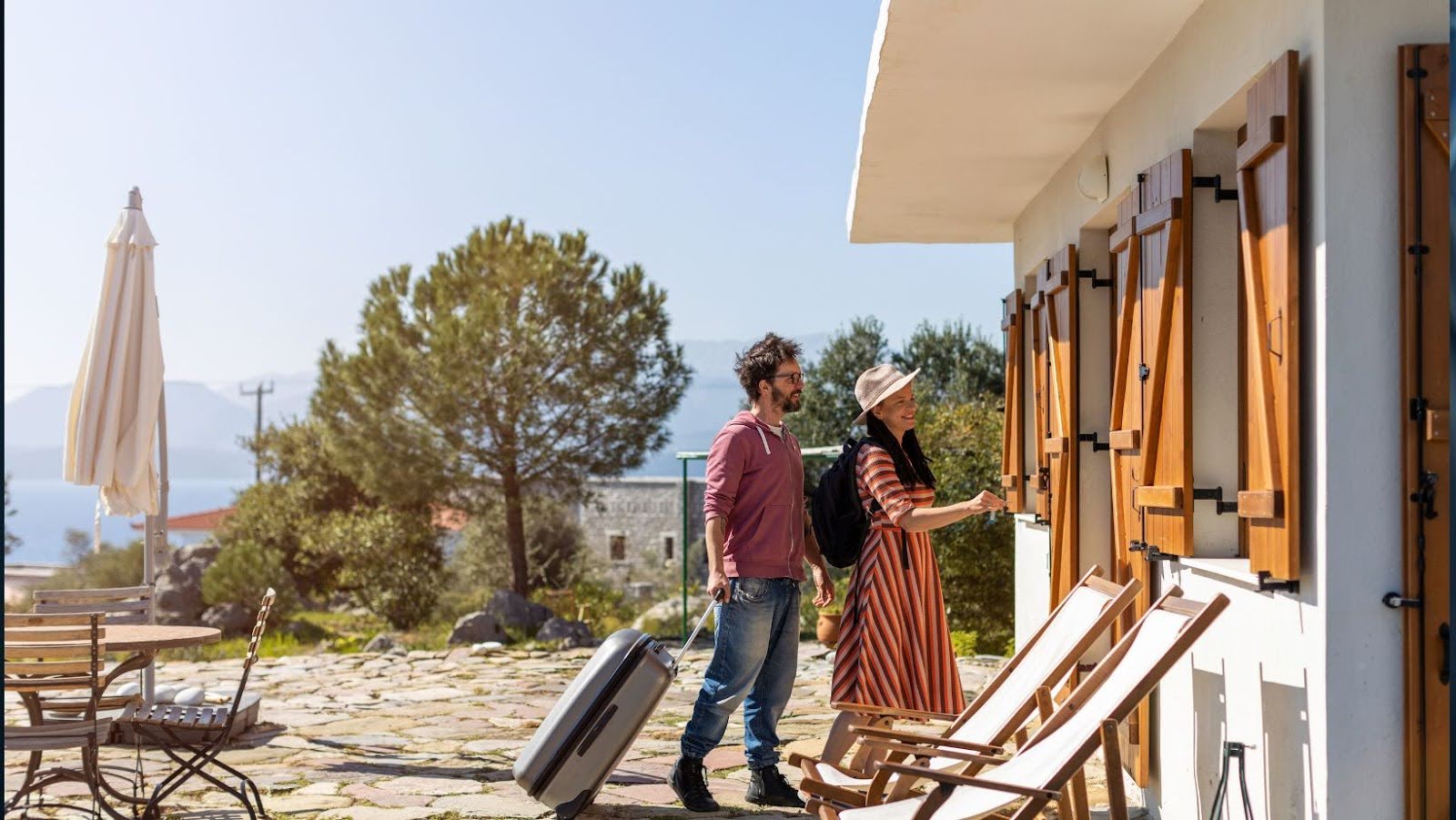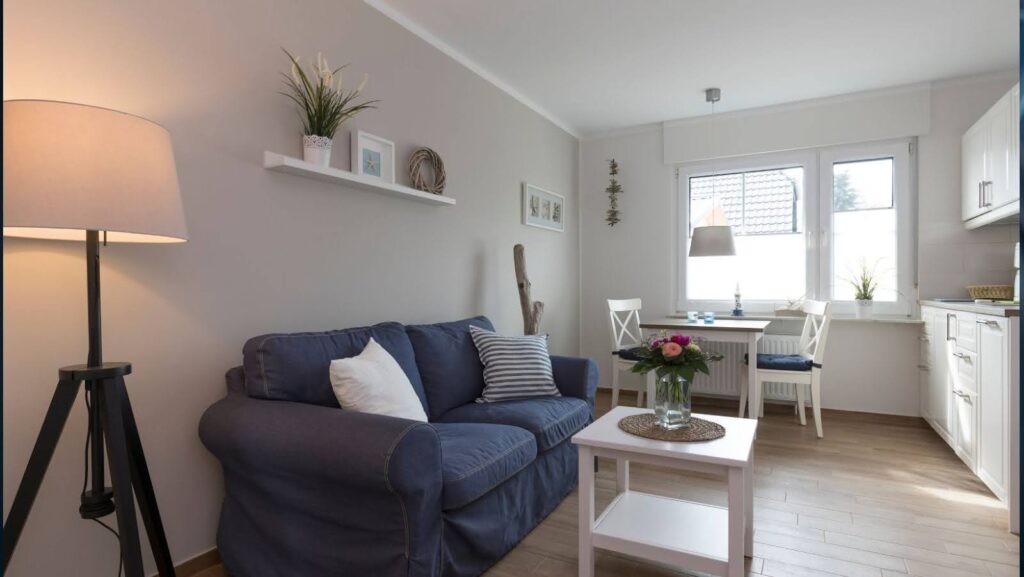Dubai’s dynamic tourism market has opened opportunities for property owners to benefit from short-term rentals. To convert a long-term rental into a compliant holiday home in Dubai, owners must register the property with the Dubai Department of Economy and Tourism (DET) and obtain the required holiday home permit. This ensures all legal and regulatory requirements are met, protecting both the owner and guests.
After securing the right documentation, property owners should invest in essential upgrades and optimizations to appeal to incoming visitors. Working with experienced property managers, such as Deluxe Homes, a vacation rental management company in Dubai, can systemize operations and boost earnings through expert listing, marketing, and guest support. Operational efficiency and guest satisfaction are key to standing out in Dubai’s competitive short-term rental market. Property management experts can provide guidance and practical support, helping owners maximize occupancy while ensuring regulatory compliance.
Key Takeaways
- Legal compliance is essential for holiday home rentals in Dubai.
- Operational support can improve guest experiences.
- Expert management can help optimize rental income.
Legal and Regulatory Requirements for Holiday Homes in Dubai
Operating a compliant holiday home in Dubai requires strict adherence to local laws set by the Department of Economy and Tourism. Property owners and tenants must secure permits, maintain quality standards, and submit the right documentation before beginning short-term rentals.
Essential Documents Needed
Applicants must gather specific documents to start the registration process. Property ownership or a signed tenancy contract is required as evidence of legal occupancy. A No Objection Certificate (NOC) from the property owner or landlord is essential if the applicant is a tenant. Applicants must also supply a completed registration form, a copy of valid Emirates ID, and passport copies. Official documents must be submitted through Dubai’s Holiday Homes Dubai’s Holiday Homes system. Utilities like DEWA (Dubai Electricity and Water Authority) registration may also be required for verification.
Understanding Licensing Guidelines
A holiday home licence must be obtained from the Department of Economy and Tourism before any short-term leasing can begin. The property must not be occupied by other tenants during the rental period. The property must meet minimum size, facilities, and safety standards as outlined in official leasing guidelines. Licence holders are responsible for renewing licences annually and keeping all property and personal information updated in the government system. Professional operators and individuals must each maintain compliance with the exact same procedures. Non-compliance can result in inspections, fines, or licence suspensions.
Operational Considerations and Optimising the Guest Experience
Successful holiday home management in Dubai centres on seamless operations and exceptional guest satisfaction. 
Making smart choices about technology, services, and communication plays a vital role in achieving higher occupancy and positive reviews.
Partnering with Booking Platforms and Service Providers
Listing the property on trusted international and regional platforms—such as booking.com—maximizes visibility to potential guests. Synchronizing calendars across multiple platforms helps avoid double bookings and improves efficiency. It is essential to review each platform’s fee structure, cancellation policy, and support offerings to ensure the arrangements suit the property owner’s budget and expectations.
Service providers form the backbone of efficient property management. Many owners choose to partner with cleaning agencies, linen suppliers, maintenance contractors, and professional photographers. These providers should be available 24 hours a day for urgent issues like plumbing or loss of power. Comparing different service provider contracts, focusing on service scope, response time, and price, can help control inflation-related costs and avoid unexpected expenses.
Managing Bookings and Communication
Fast, accurate communication with guests is key to reducing cancellations and boosting satisfaction. Automated messaging systems can send confirmation emails and booking details immediately after a reservation is confirmed. Setting up a help centre or FAQ page tailored to the Dubai holiday home market can address common concerns around check-in times, cancellation fees, and local transport, such as flights from Dubai International Airport.
It is important to establish clearly written house rules and cancellation policies, visible at each booking stage. Guests expect proactive updates if anything changes with their booking, especially regarding check-in information and key collection. Consistent attention to guest questions—ideally within a few hours—improves ratings and leads to more recommendations.
Conclusion
Converting a long-term rental into a holiday home in Dubai requires understanding specific regulatory requirements and obtaining the right permits. Property owners must secure a holiday home licence and follow the outlined procedures to remain compliant with local laws, including registering the property and providing necessary documentation.

Paying attention to short-term rental guidelines and legal duties is essential for success. By taking these steps, landlords position themselves to benefit from Dubai’s dynamic holiday rental market. Staying informed and adhering to legal standards helps avoid complications and supports a smooth transition from long-term letting to holiday home management.


